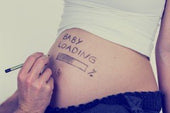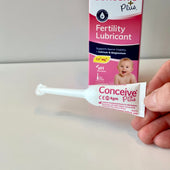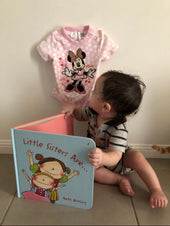Is Stress Affecting Your Fertility?

In an era where women often choose to fully sort career and finances before considering having children. It’s no wonder some of us will be in our late 30s or 40s before we even begin to think about diapers and daycare. The scary fact of the matter is, some science says fertility begins to decline once women turn 30. Yikes if that isn't enough reason for stress.
A new study points to another factor challenging women’s chances of reproducing — stress. (Like we weren’t stressed about the odds already). Previous research has connected stress in both men and women with lowered chances of getting pregnant. This study, however, is the first of its kind to connect the stress biomarker alpha-amylase with infertility. Of the 401 who participated in the yearlong study, those with the highest levels of the biomarker had a 29% reduction in fecundity (the ability to reproduce). Though lots of studies have pointed to high levels of the hormone cortisol as a clear indicator of stress, this study didn’t find an association between the hormone and lowered chances of getting pregnant.
But, what about how these women actually felt? Lead researcher, Courtney Lynch, says the study wasn’t just about the biomarker. The men and women wrote down their daily stress levels (separately) and completed the Cohen’s perceived stress questionnaire, which includes questions about coping, handling daily tasks, and personal control.
But in line with the researchers’ previous study (which focused on self-reported stress levels), Lynch says, “We found no association between salivary alpha-amylase and the Cohen’s perceived stress scale.” So, while we may think we’ve had a rough day or a peachy one, our bodies might think otherwise. Despite medical advances to help women get pregnant, researchers say there are still many unanswered questions about infertility and overcoming reproductive roadblocks — including stress.





















